Who is a Fit for Long-Term Treatment?
They’re Brilliant, Broken, and Impossible to Pin Down. That’s Precisely Who We Treat.
Read More
Our Exclusive Focus on Chronic Relapse
Burning Tree specializes in helping individuals who have struggled to maintain sobriety despite multiple treatment attempts.
Long-Term Treatment at Burning Tree Ranch is:
- 100% Progress-Based
- Exclusive To Chronic Relapse Clients
- Life Skills Intensive, Accountability Driven
- Emphasis On Behavioral & Attitudinal Well-Being
- Long-Term, 4-Phase Continuum Of Care
Our program is uniquely designed to address the complexities of advanced stages of addiction, and guide families to a lasting recovery.

Is Your Loved One a Chronic Relapser?
Chronic relapsers have a sustained pattern of addiction and relapse. They’ve learned how to influence others to protect their substance use.
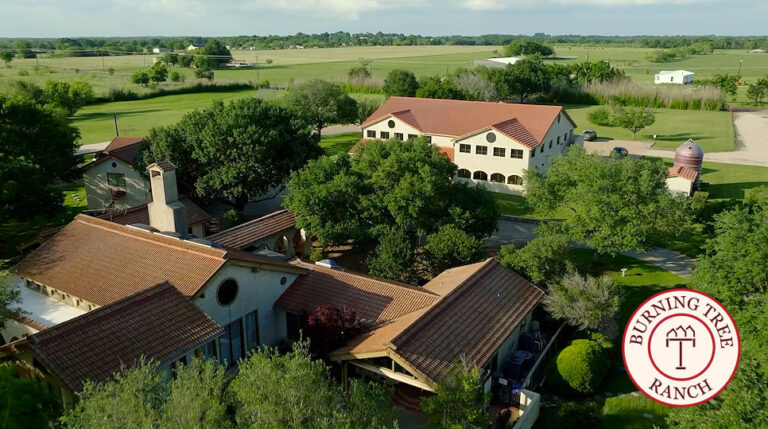
Behaviors of the Chronic Relapser
- Resists accepting full responsibility for recovery
- Blames setbacks and shortcomings on external influences
- Possesses a high capacity for persuasion
- Provides limited details when pressed for clarity
- Accepts help conditionally, if at all
Consequences of Chronic Relapse Behavior
- Financial strain from false promises or broken treatment commitments
- Hearing promises of change that rarely match their actions
- Family tension fueled by secrecy, blame, or shifting stories
- A growing inability to trust their version of events
- Excuses and blame placed on everyone but themselves

Are They Intelligent and Charming Despite Addiction?
The Good
Chronic relapsers are often charismatic, charming, and clever. Despite their substance use, they can be incredibly lovable.
The Bad
The chronic relapser creates emotional chaos—using charm, deflection, and confusion to maintain control and avoid change.
The Ugly
They use their talents to disarm loved ones, treatment providers, and anyone else who has ever tried to help them.
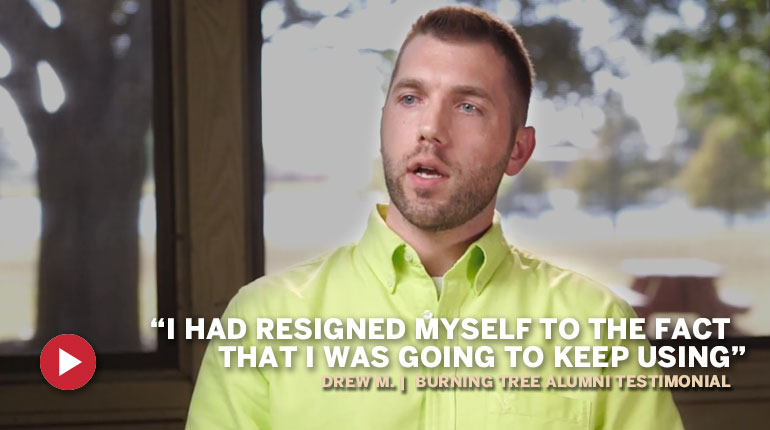
Have Other Programs Missed the Deeper Issues?
Families often tell us they worry about more than just addiction:
- Mental health struggles — depression, anxiety, or trauma that never seem resolved.
- Personality disorders — patterns of thinking and behaving that disrupt every relationship.
- Long-standing behaviors — manipulation, anger, or avoidance that repeat year after year.
- Treatment fatigue — multiple failed attempts that never touched the real problem.
- Family exhaustion — cycles of hope, chaos, and disappointment that wear everyone down.
These challenges require more than surface-level care. We specialize in treating complex mental health and addiction issues at the root.
Why Hasn’t Short-Term Treatment Worked?
Because your loved one’s problem isn’t surface-level—and short-term solutions don’t reach the root.
- Accurate diagnosis takes time—especially with layered psychiatric issues
- Resistance runs deep, and they’ve learned how to manipulate the system
- Repeated stays have only made them better at playing the part
- Sobriety isn’t enough—they need to rebuild how they live, think, and relate to others
Short-term programs can interrupt a crisis temporarily, but they can’t transform a life. That’s what we’re here for.
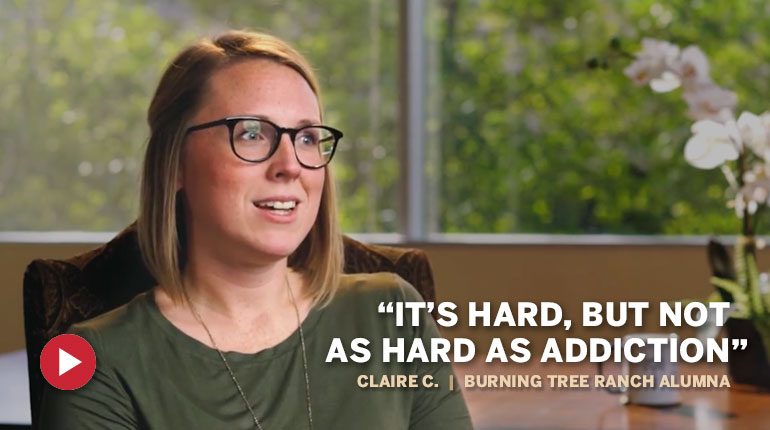
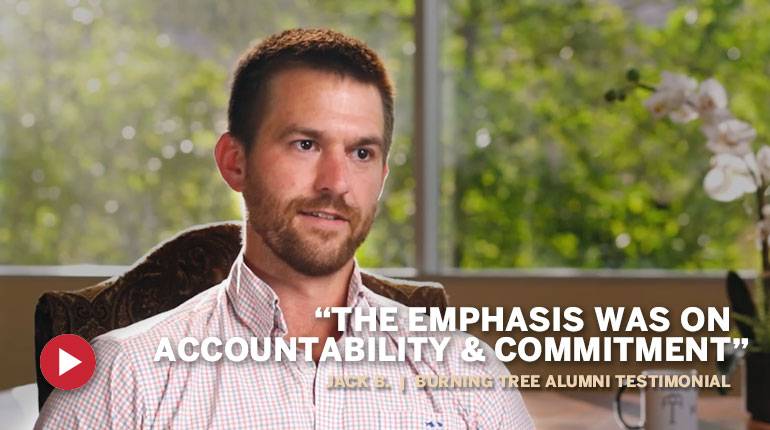
What Makes Long-Term Treatment Work for Them?
Chronic addiction is more than a habit—it’s a deeply entrenched way of living. The unique structure of our program is built to ignite fundamental, lasting changes.
- Time to uncover and treat complex mental health and emotional disorders
- A multi-phase continuum of care designed for lasting, not temporary, change
- Focus on deep shifts in behavior, attitude, and core belief systems
- Length of stay based on progress—not a calendar date
We don’t count days. We track behavioral transformation through progress-based milestones.
What If They’re Not Willing to Start Long-Term Treatment?
When someone has been through multiple programs with no lasting change, resistance is part of the pattern. That’s why we don’t wait for perfect willingness—we help create it.
- We guide families in stepping out of enabling roles and into firm, loving boundaries
- We collaborate with legal, medical, and financial systems to increase pressure where it counts
- We ask the only question that matters: What are they actually willing to do to change?
- We customize a path forward—one that holds them accountable from day one
Long-term treatment isn’t for the ready. It’s for the willing—and the willing are often made, not found.
We help the men and women no one else can. We can help her, too.
Breaking the Cycle Starts Here
A trusted guide for families facing addiction and repeated relapse.
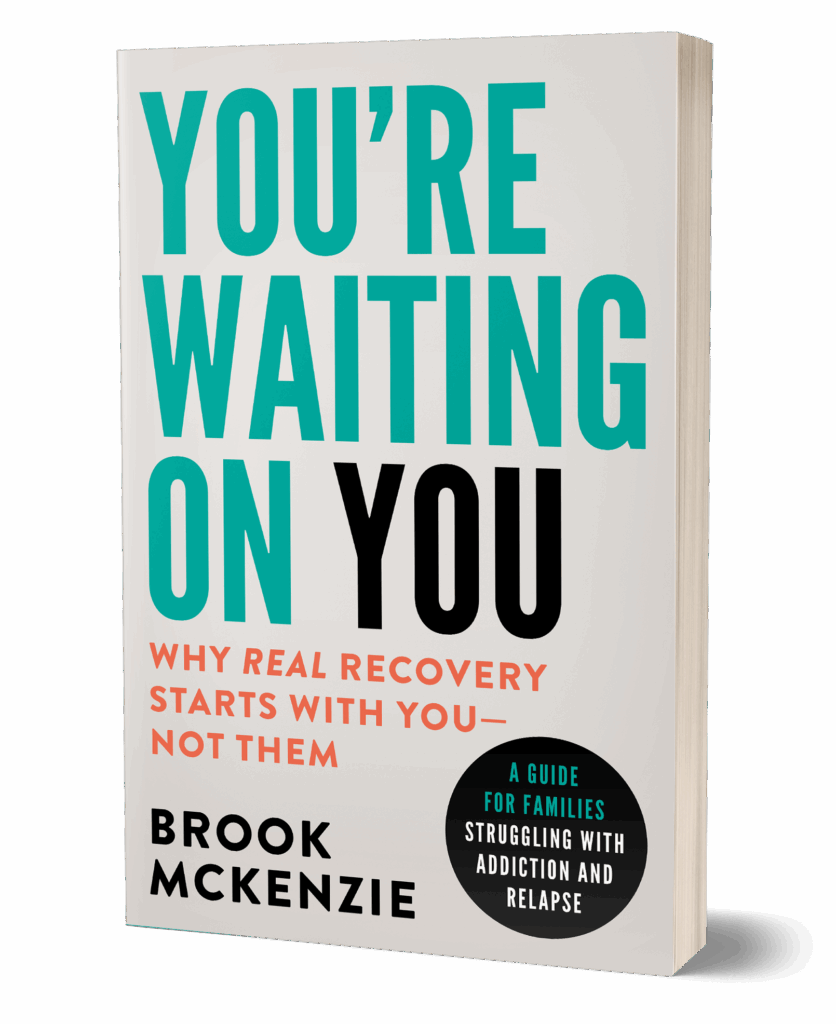
Why Do Professionals with Complex Addictions Get Referred to Burning Tree?
Addiction does not discriminate based on career, socioeconomic status, or education. We treat complex addiction for professionals of all kinds, and guide our clients to lasting sobriety.

Has Treatment Stopped Working?
This Time Has to Be Different
Tried everything—and nothing’s worked? We specialize in treating the relentless cycle of relapse.
Or send a message to our team to request more information about our program.
Is Your Loved One a Chronic Relapser?
Chronic relapsers have a sustained pattern of addiction and relapse. They’ve learned how to influence others to protect their substance use.
Behaviors of the Chronic Relapser:
- Resists accepting full responsibility for recovery
- Blames setbacks and shortcomings on external influences
- Exhibits compelling arguments when motivated
- Possesses a high capacity for persuasion
- Provides limited details when pressed for clarity
- Acts without considering the long-term consequences
- Accepts help conditionally, if at all
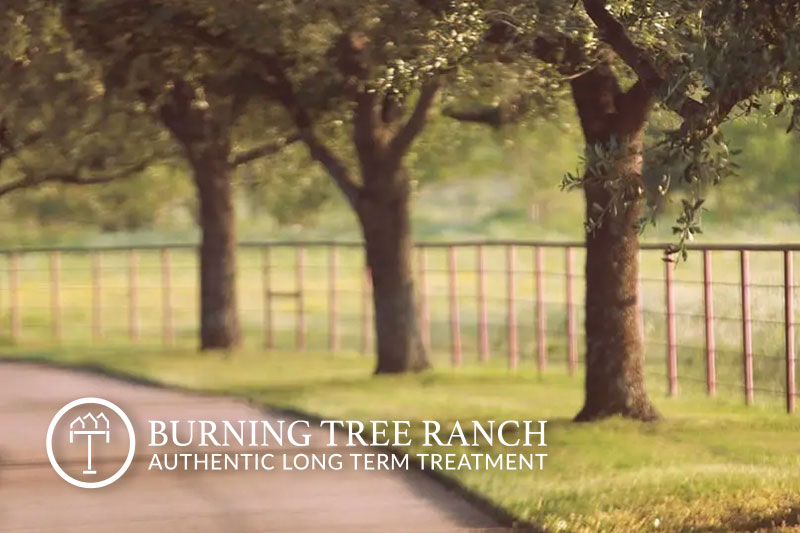
Consequences of Chronic Relapse Behavior:
- Continues substance use despite increasingly grave consequences
- Struggles with undiagnosed, misdiagnosed, or untreated co-occurring disorders
- Fails to maintain therapeutic, medication, and self-care routines
- Faces difficulties in managing anxiety, depression, and stress
- Delays seeking help, minimizing the gravity of their addiction
